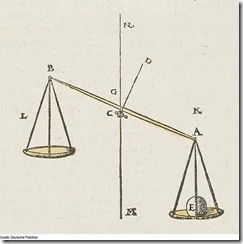 While touring various theories and interventions that may come up on the social work exam, don't forget to take some time for something that you can be fairly certain to encounter on the big test (and in social work practice): crisis intervention. Let's start with a definition--Wikipedia has a straightforward one:
While touring various theories and interventions that may come up on the social work exam, don't forget to take some time for something that you can be fairly certain to encounter on the big test (and in social work practice): crisis intervention. Let's start with a definition--Wikipedia has a straightforward one:
Crisis Intervention is emergency psychological care aimed at assisting individuals in a crisis situation to restore equilibrium to their biopsychosocial functioning and to minimize the potential for psychological trauma. Crisis can be defined as one's perception or experiencing of an event or situation as an intolerable difficulty that exceeds the person's current resources and coping mechanisms.
Simple enough. Worth stressing here is that what constitutes a crisis is in the eye of the beholder/client. One person's catastrophe is another's Tuesday afternoon. Also note the goal of crisis intervention. It's not to help improve or change a client's situation, it's to restore equilibrium. Once the client is back at their baseline functioning, crisis intervention is done.
For the exam, that means avoid "explore roots of problem"-type answers on any crisis or crisis-like vignettes. Here-and-now, active, directive, equilibrium restoring is the social worker's role. (As a general guideline, "explore roots of..." answers are best eyed with suspicion on the exam.) Look for "assess" as a FIRST step. Things like "defuse" and "identify resources" come next.
Keep in mind, while common sense doesn't always work on the exam, for crisis intervention questions, you can usually go with your gut, just as you would in the field.
Here's more about crisis intervention on the web:
Good luck!
***
For questions about crisis intervention and much more, sign up!

 While touring various theories and interventions that may come up on the social work exam, don't forget to take some time for something that you can be fairly certain to encounter on the big test (and in social work practice): crisis intervention. Let's start with a definition--
While touring various theories and interventions that may come up on the social work exam, don't forget to take some time for something that you can be fairly certain to encounter on the big test (and in social work practice): crisis intervention. Let's start with a definition--